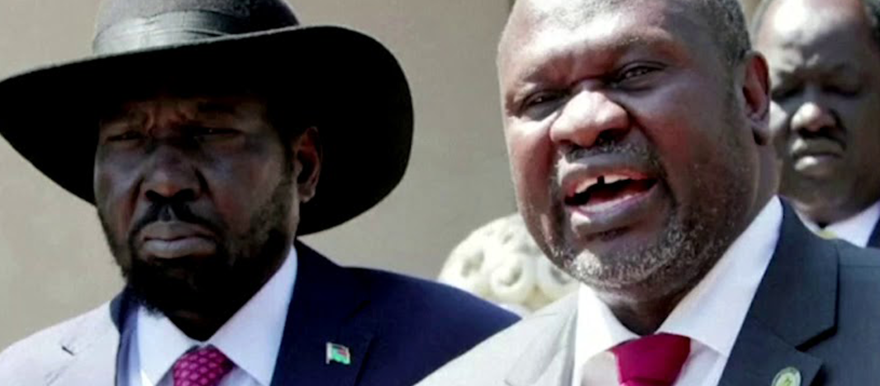South Sudan's parties to the peace deal are at loggerheads over the distribution of the 10 states’ counties, an issue that some observers say could jeopardize the peace process.
President Salva Kiir and opposition leaders formed the presidency in February. But while they managed to name a cabinet and nine state governors, they have yet to agree on the state and county governments.
Albino Akol Atak, the Other Political Parties (OPP) coordinator, told Radio Tamazuj on Tuesday that the issue of counties hit a deadlock.
He pointed out that the president’s side declined to relinquish four counties in the administrative areas of Greater Pibor and Ruweng.
"The parties reached a deadlock, and our meetings have been suspended after the government delegation requested a break for further consultations. Currently, we are in the third week with nothing new," said Albino.
"The dispute is only in the number of the counties to be shared out between the parties. The president’s side talks about 75 counties, while the opposition groups are talking about 79 counties”.
According to Albino, President Salva Kiir’s party intends to retain two counties in Ruweng and two in the Greater Pibor area in contravention of the peace agreement and the presidential decision that returned the country to the 10 states.
Kornelio Kon Ngu, the leader of the National Alliance of Political Parties, confirmed the deadlock over the distribution of counties.
"As far as we are concerned, the deadlock on the allocation of counties still stands. The presidential decree that returned the country to the 10 states and 79 counties is now being violated,” said Kornelio.
He added, “The SPLM-IO is now demanding that the counties that are in the two administrative areas of Pibor and Ruweng be distributed among the parties.”
Kon, who is also a member of the OPP, said trust between the main parties to the peace agreement is low, adding that lack of trust is a serious problem facing the implementation of the peace agreement.
“Lack of trust between the SPLM and the SPLM-IO could jeopardize the peace agreement. I am not convinced that the issue of counties is a big issue that should delay us for more than a month,” he said.
Edmund Yakani, head of the Community Empowerment for Progress Organization (CEPO), which promotes civil society values, expressed concern over the lack of compromises between the parties to resolve their differences.
The renowned civil society activist revealed that the parties of the peace agreement have also disagreed over the legitimacy of the current parliament.
South Sudan ended five years of civil war in 2018, but disputes between the parties to the peace agreement and financial constraints have been major obstacles to completing the peace process.




